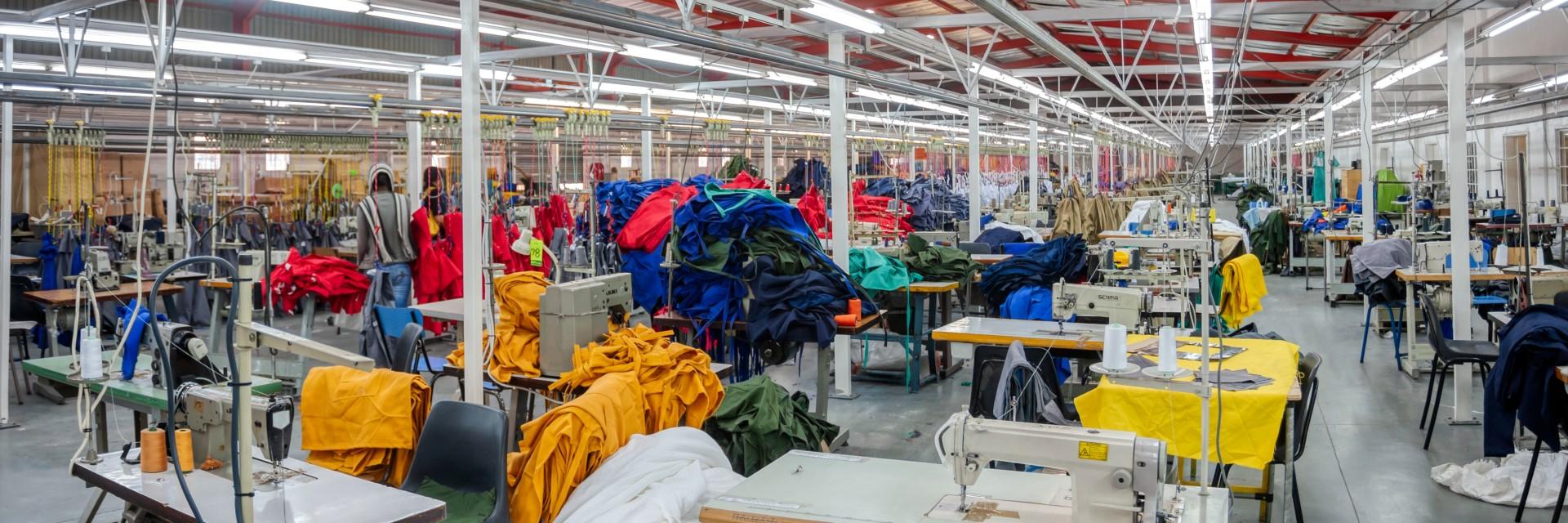Addis Ababa, 17 November 2023 - Experts discussing the African Continental Free Trade Area (AfCFTA), have called for African nations to invest in developing regional value chains (RVCs). The consensus among thought leaders is that for the AfCFTA to deliver on its ambitious development promise, countries must harmonize trade policies and strategically invest in industrial development. The key to success in this economic landscape lies in countries positioning themselves within niche industrial sectors.
This was the main message on Thursday, during the session: “Is Africa having potential for regional value chains?” at the Africa Economic Conference 2023 in Addis Ababa, Ethiopia, with the theme, “Imperatives for sustainable industrial development in Africa”.
Ms. Joy Kategekwa, Strategy Advisor to the United Nations Development Programme (UNDP) and moderator of the session, emphasized the transformative potential of regional value chains (RVCs) for Africa's industrial revolution. RVCs enable nations to leverage their comparative and competitive advantages, allowing them to participate in industries that might otherwise be beyond their capacities.
“Africa is industrializing, we must now grow bigger and faster,” declared Kategekwa.
This growth requires a multifaceted approach, including consistent government policies, fostering public-private partnerships (PPPs), and establishing special economic zones (SEZs) to drive the development of regional value chains. Removing barriers to the free movement of people is equally crucial, as Ms. Kategekwa highlighted, stating, "We can't trade and industrialize if we can't move."
Olawale Ogunkola, Professor of Economics at the University of Ibadan in Nigeria, emphasized the need for policies and strategies that foster efficient industrialization. Mere production is not enough, while mass production is required to meet market demands.
Infrastructure development emerged as a critical factor for the success of RVCs. Mr. Ogunkola stressed the importance of addressing trade costs to ensure profitability.
Highlighting the challenges faced by some countries, where SEZs are isolated like military zones, Mr. Ogunkola calls for an integrated approach and policy coherence. “The case for infrastructure development is very important for regional value chains. If we don’t address trade costs, it will not be possible to make a profit. For some countries special economic zones are like military zones, keep off. They are so disconnected from the domestic economy,” he said, while calling for an integrated approach and policy coherence to make special economic zones relevant by linking them to technology transfer and skills development.
Grace Nshemeirwe, CEO of the Uganda Private Sector Federation, emphasized the need for governments to address trade barriers and provide trade finance to businesses. Trade policies need to be harmonized across region, which is vital to facilitate trade and enable African countries to compete effectively.
Pradep Mehta, President of the India Chamber of Commerce, added another dimension to the discussion, suggesting that trade policies must evolve to focus on consumer welfare, underlining the importance of consumer-centric approaches in shaping future trade policies.
The UNDP and the African Continental Free Trade Area Secretariat recently released the Futures Report, titled "Which Value Chains for a Made in Africa Revolution."
It highlights ten key value chains that present significant investment opportunities within the emerging One African Market. These include automotives, leather and leather products, cocoa, soya, textiles and apparel, pharmaceuticals, vaccine manufacturing, lithium-ion batteries, mobile financial services, and cultural and creative industries.The report advocates for governments to strategically target these sectors, recognizing the opportunities they offer for entry into the AfCFTA market. It emphasizes the importance of creating tailored trade capacity-building programmes to enhance exporter readiness.
The report also provides valuable insights for businesses, helping them to make informed decisions about where to invest in order to capitalize on AfCFTA opportunities. Areas requiring further improvement are also identified, aiming to pave the way for a robust Made in Africa Revolution.

